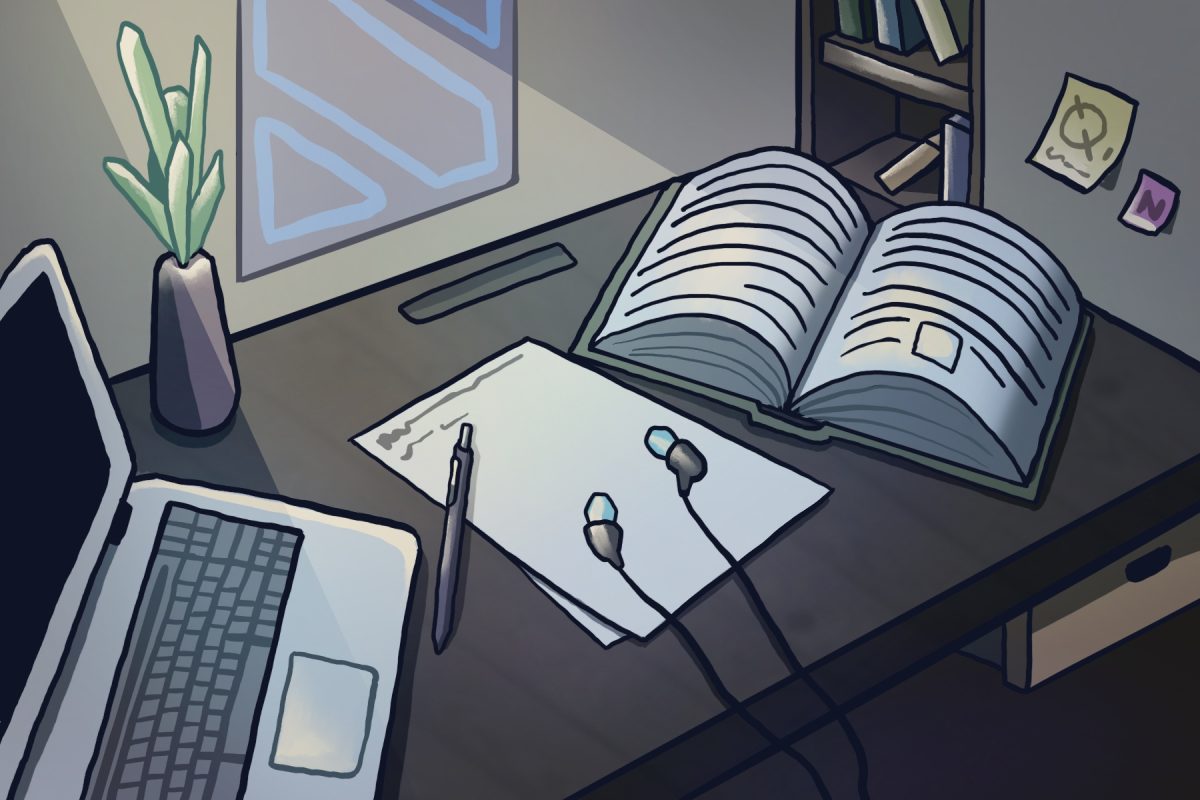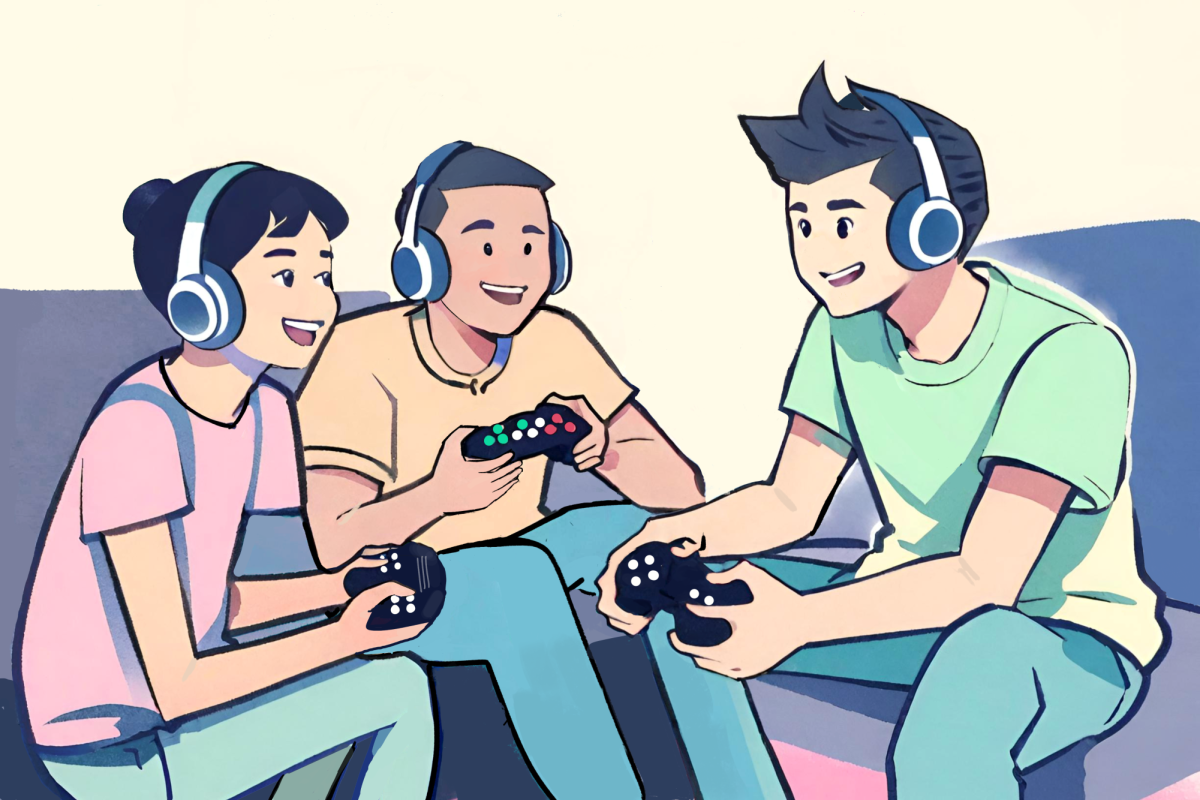I wake up and look at the clock. Of course, it blinks 6:45 a.m. No matter what day it is, what I have planned or what I did the night before, it seems like sleeping in just isn’t an option. Although some say waking up late is a hassle because you miss out on the day, all I want to do is look at my clock when I wake up and have it read 12:30 p.m.
At least I’m not alone with this. Nearly everyone has had a hard time falling asleep at least once, but 10% of the general population suffers insomnia regularly. Not only do they have a hard time falling asleep, but they wake up several times during the night and feel fatigued the next day, according to NBC News.
Getting in sync with the body’s natural sleep wake cycle—its circadian rhythm—is one of the most important strategies for achieving a good night’s sleep. Maintaining a regular sleep schedule can help you feel much more refreshed and energized than if you sleep the same number of hours at different times. This holds true even if you alter your sleep schedule by just an hour or two, according to Web Md. Consistency is crucial to catching the right amount of z’s.
Nap to make up for lost sleep. If you need to make up for a few lost hours, try a daytime nap. This allows you to pay off your sleep debt without disturbing your natural sleep–wake rhythm, which can backfire in insomnia and throw you off for days. Also, simply closing your eyes for 10 to 15 minutes during the day can give your body the jumpstart it really needs.
Avoid trying to problem solve in the middle of the night. We all wake up at times during the night, and the first thing that pops into our heads is something we’re worried about. We usually spend the minutes before we fall asleep obsessing about this problem and overanalyzing it. The best thing you can do is stop yourself from going there and redirect your thoughts to something less stressful. If you get caught up on the worry treadmill, you’ll stay awake much longer.
Fight the after-dinner drowsiness. If you find yourself getting sleepy way before your bedtime, get off the couch and do something stimulating to avoid falling asleep. If you give in to the drowsiness, you may wake up later in the night and have trouble getting back to sleep.
Darkness is the key. Many of us will wake up in the middle of the nights to the buzzing and beeping of our cellular devices. Ideally, your bedroom shouldn’t have any lights on, especially light emitted from a TV or any electronic device.
When your eyes are exposed to light during the night, your brain is tricked into thinking it’s time to wake up and reduces the production of melatonin, a hormone that causes sleepiness and lowers body temperature, according to Web Md. Light emitted by electronic devices is especially troublesome because it mimics sunlight.
Though it may seem a little difficult, if you follow these guidelines thoroughly and consistently, you (and hopefully me) may be waking up to a clock that says 12:30 p.m.














